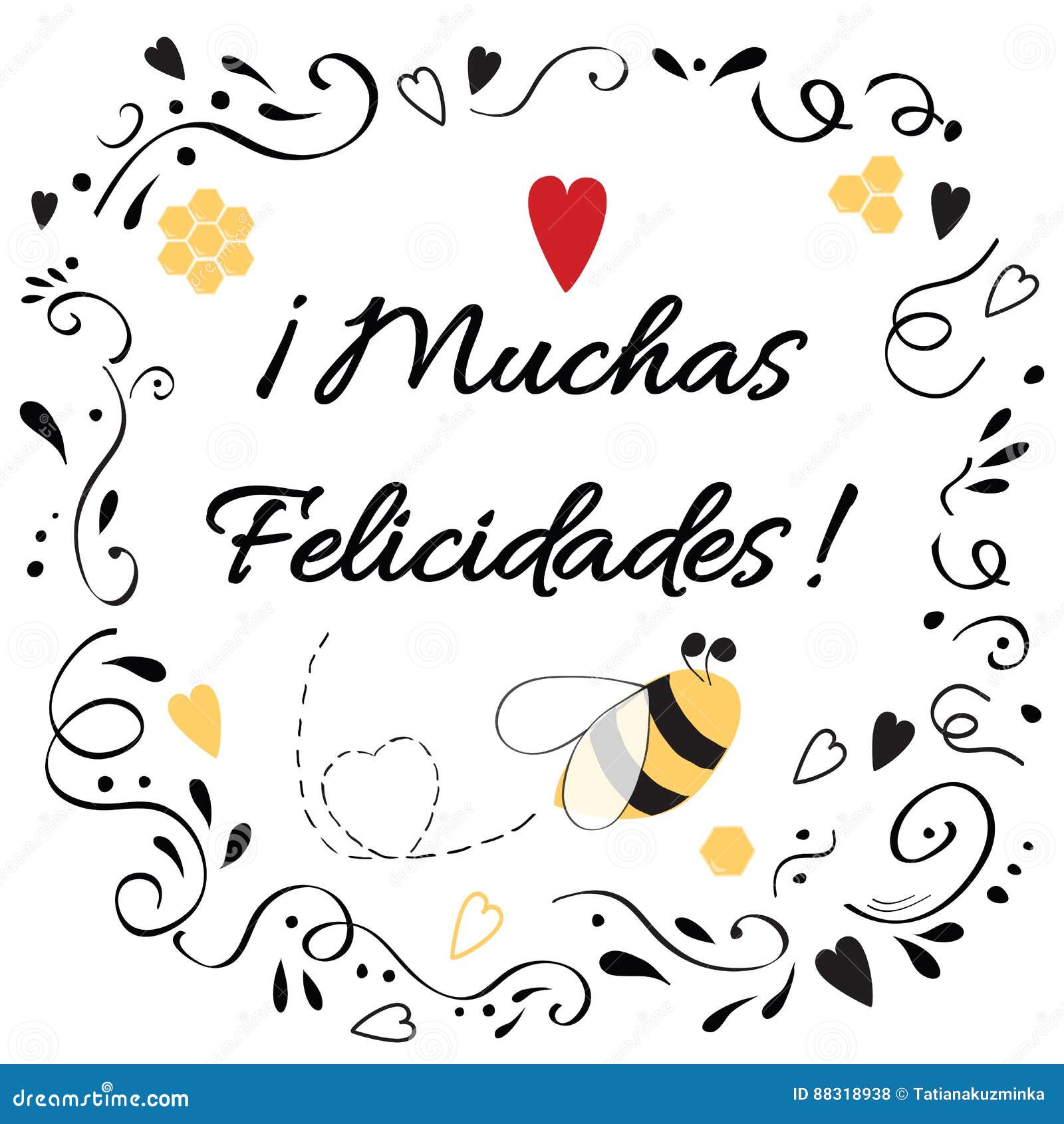Hey there amigo! If you're here, chances are you're looking for the perfect way to say "congratulations in Spanish." Well, buckle up because we're diving deep into this linguistic celebration. Whether you're congratulating someone on a new job, a wedding, or even a baby, knowing how to say congratulations in Spanish can make all the difference. So let's get started, shall we?
First things first, Spanish is not just a language—it's a culture. It's full of warmth, passion, and yes, lots of celebrating. So when you want to congratulate someone in Spanish, it's not just about the words; it's about the sentiment behind them. Think of it as giving someone a big abrazo (hug) with your words.
Now, before we dive into the nitty-gritty, let me tell you something cool. Spanish is spoken by over 500 million people worldwide. That's a lot of potential amigos to congratulate! So mastering this phrase could open doors (and hearts) you never even knew existed. Let's make sure you're saying it right.
Read also:Freeze Nova
Why Learning "Congratulations in Spanish" Matters
Okay, here's the deal. Saying "congratulations in Spanish" isn't just about impressing your Spanish-speaking friends. It's about building connections. Imagine walking into a room full of Spanish speakers and hitting them with a heartfelt "¡Felicidades!" It's like you're speaking their language—not just literally, but emotionally too.
Understanding the Importance of Language in Culture
Language is more than just words; it's a bridge to understanding cultures. When you learn how to congratulate someone in Spanish, you're not just learning a phrase—you're learning about the values of the culture. Spanish-speaking countries often place a high value on community and celebration, so knowing how to celebrate with them is a big deal.
Here's a fun fact: In many Spanish-speaking countries, celebrations aren't just for special occasions—they're a way of life. Birthdays, anniversaries, even finishing a project—everything is an excuse to celebrate. So, if you're looking to fit in, learning "congratulations in Spanish" is a great start.
How to Say Congratulations in Spanish: The Basics
Alright, let's get down to business. The most common way to say "congratulations in Spanish" is "¡Felicidades!" Pronounced fee-lee-see-dahs, it's a simple yet powerful phrase. But hold up, there's more to it than just saying the words.
- ¡Felicidades! – This is the go-to phrase for any occasion.
- ¡Enhorabuena! – Another common way to say congratulations, often used in more formal settings.
- ¡MUCHAS FELICIDADES! – If you want to go all out, add "muchas" for extra emphasis.
See? It's not rocket science. But here's the kicker—how you say it matters just as much as what you say. A big smile and some enthusiasm go a long way.
Common Mistakes to Avoid When Saying Congratulations in Spanish
Now, let's talk about the don'ts. There are a few common mistakes people make when trying to say "congratulations in Spanish," so let's clear those up.
Read also:Kid And Mom Cctv Video Reddit
1. Mixing Up Similar Words
One common mistake is confusing "feliz" with "felicidades." "Feliz" means happy, so saying "feliz" on its own might leave people scratching their heads. Stick with "felicidades" for that congratulatory vibe.
2. Forgetting the Exclamation Marks
In Spanish, exclamation marks are like the cherry on top of an ice cream sundae. They add that extra zing. So don't forget to put them at the beginning and the end of your phrase. ¡Felicidades! See? Much better.
When to Use "Congratulation in Spanish" Phrases
Knowing when to use these phrases is just as important as knowing how to say them. Here's a quick rundown of the most common occasions:
- Weddings – ¡Felicidades a los novios!
- Baby showers – ¡Felicidades por el bebé!
- Job promotions – ¡Enhorabuena por tu ascenso!
- Graduations – ¡Felicidades por tu graduación!
See? There's a phrase for every occasion. The key is to match the phrase to the occasion for maximum impact.
Adding Personal Touch to Your Congratulatory Messages
Now that you know the basics, let's take it up a notch. Adding a personal touch to your "congratulations in Spanish" can make all the difference. Here's how:
1. Use Names
Addressing someone by name adds that personal touch. For example, "¡Felicidades, Juan!" sounds much warmer than just "¡Felicidades!"
2. Be Specific
Tailor your message to the occasion. If someone just got engaged, say "¡Felicidades por tu compromiso!" It shows you're paying attention.
Understanding the Nuances of Spanish Congratulatory Phrases
Here's where things get interesting. Spanish is rich with nuance, and congratulatory phrases are no exception. Let's explore some of the subtleties:
Regional Variations
Did you know that Spanish can vary depending on the region? In some countries, "¡Enhorabuena!" is more common than "¡Felicidades!" It's like the difference between "soda" and "pop" in English. So if you're traveling or speaking with someone from a specific region, it's good to know their local lingo.
Cultural Context
Culture plays a big role in how congratulations are given. In some cultures, it's all about the big gesture. In others, a simple, heartfelt phrase is enough. Understanding the cultural context can help you navigate these waters.
Learning Resources for Mastering "Congratulations in Spanish"
Alright, now that you've got the basics down, let's talk about how to keep learning. Here are a few resources to help you master "congratulations in Spanish" and beyond:
- Duolingo – A great app for learning Spanish basics.
- FluentU – Offers real-world videos to immerse you in the language.
- Local Spanish-speaking communities – Nothing beats practicing with real people.
Remember, practice makes perfect. The more you use these phrases, the more natural they'll feel.
Practical Tips for Using "Congratulations in Spanish" in Real-Life Situations
Let's get practical. Here are a few tips for using "congratulations in Spanish" in real-life situations:
1. Practice Pronunciation
Pronunciation is key. If you're not sure how to say a word, don't be afraid to ask or look it up. There are plenty of online resources to help you get it right.
2. Be Confident
Confidence goes a long way. Even if you're not perfect, speaking with confidence shows you care.
Conclusion: Your Journey to Mastering "Congratulations in Spanish"
So there you have it, amigos. Saying "congratulations in Spanish" isn't just about learning a phrase—it's about building connections and celebrating life. Whether you're congratulating someone on a new job, a wedding, or even a baby, knowing how to do it in Spanish can make all the difference.
Now it's your turn. Take what you've learned and put it into practice. Congratulate someone today, and watch how it brightens their day. And don't forget to share this article with your friends—it might just help them too. ¡Felicidades por tu nuevo conocimiento!


